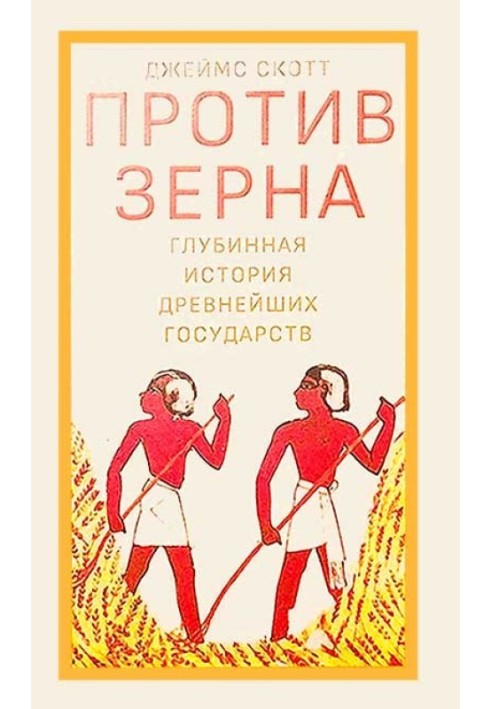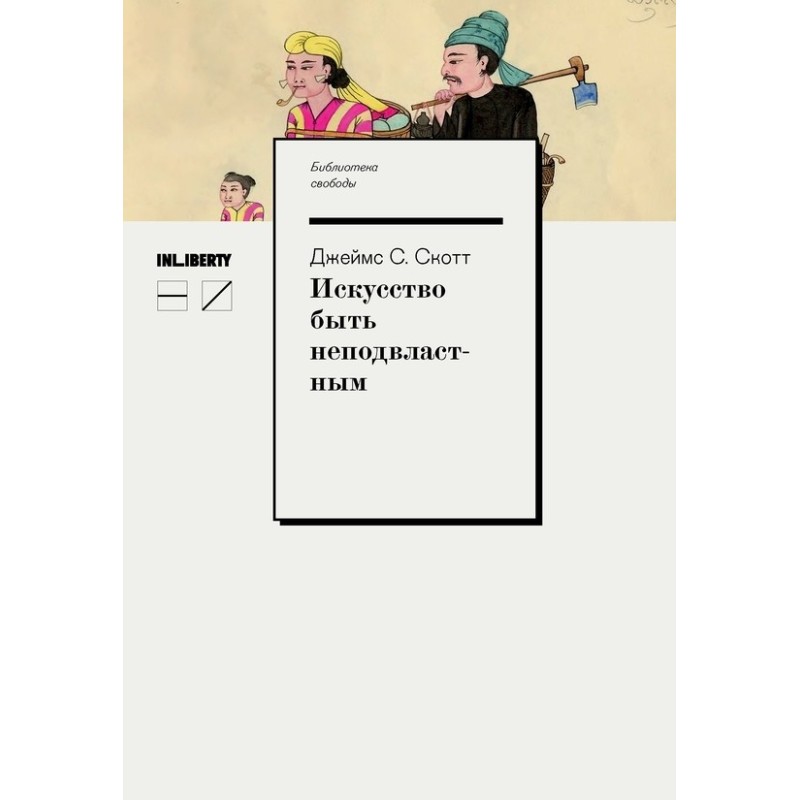Against the grain: the deep history of ancient states
 Instant download
Instant download
after payment (24/7)
 Wide range of formats
Wide range of formats
(for all gadgets)
 Full book
Full book
(including for Apple and Android)
Why did people abandon hunting and gathering for a settled life in societies that were based on crops and livestock and ruled by the predecessors of modern states? Most of us are sure that the domestication of plants and animals allowed people to finally settle down and found villages, cities and states based on agriculture, and the latter, in turn, created civilization, law, public order and, apparently, provided us with a safe life. However, archaeological and historical evidence calls this traditional narrative into question. James Scott believes that the first agrarian states were the product of a set of domestications: first fire, then plants, animals, state subjects, captives, and finally women in the patriarchal family - all these stages of domestication can be seen as a way of gaining control over reproduction. Scott seeks answers to the questions of why we avoided sedentism and plow farming for so long, what were the advantages of mobile economic systems, why crowding of plants, animals and grains had such unforeseen epidemiological consequences, and why all the first states were based on millet, other grains and unfree labor. Scott also considers “barbarians,” who have long eluded state control, and “barbarism” as a tool for understanding the tensions between states and disobedient peoples.
Data sheet
- Name of the Author
- Джеймс С. Скотт
- Language
- Ukrainian
- Release date
- 2020
- Translator
- Ирина Троцук
Reviews
Глибоке дослідження, що змінює уявлення про історію людства
Книга "Проти зерна" є справжнім відкриттям для всіх, хто цікавиться історією та соціологією. Автор, Джеймс Скотт, ставить під сумнів традиційні уявлення про перехід від кочового способу життя до осілого, що базується на сільському господарстві. Його аргументи, підкріплені археологічними та історичними даними, змушують читача задуматися про те, чому людство обрало саме цей шлях, а не інші можливі варіанти розвитку. Скотт майстерно аналізує переваги мобільних господарських укладів і показує, як перші держави виникали на основі зернових культур і невільної праці. Книга не лише інформативна, але й провокує на роздуми про сучасні соціальні структури та їх коріння. Незважаючи на деякі недоліки в перекладі, загальний зміст та ідеї книги вражають і залишають глибокий слід у свідомості. Рекомендую цю книгу всім, хто прагне зрозуміти глибші аспекти історії та еволюції людських спільнот.
















